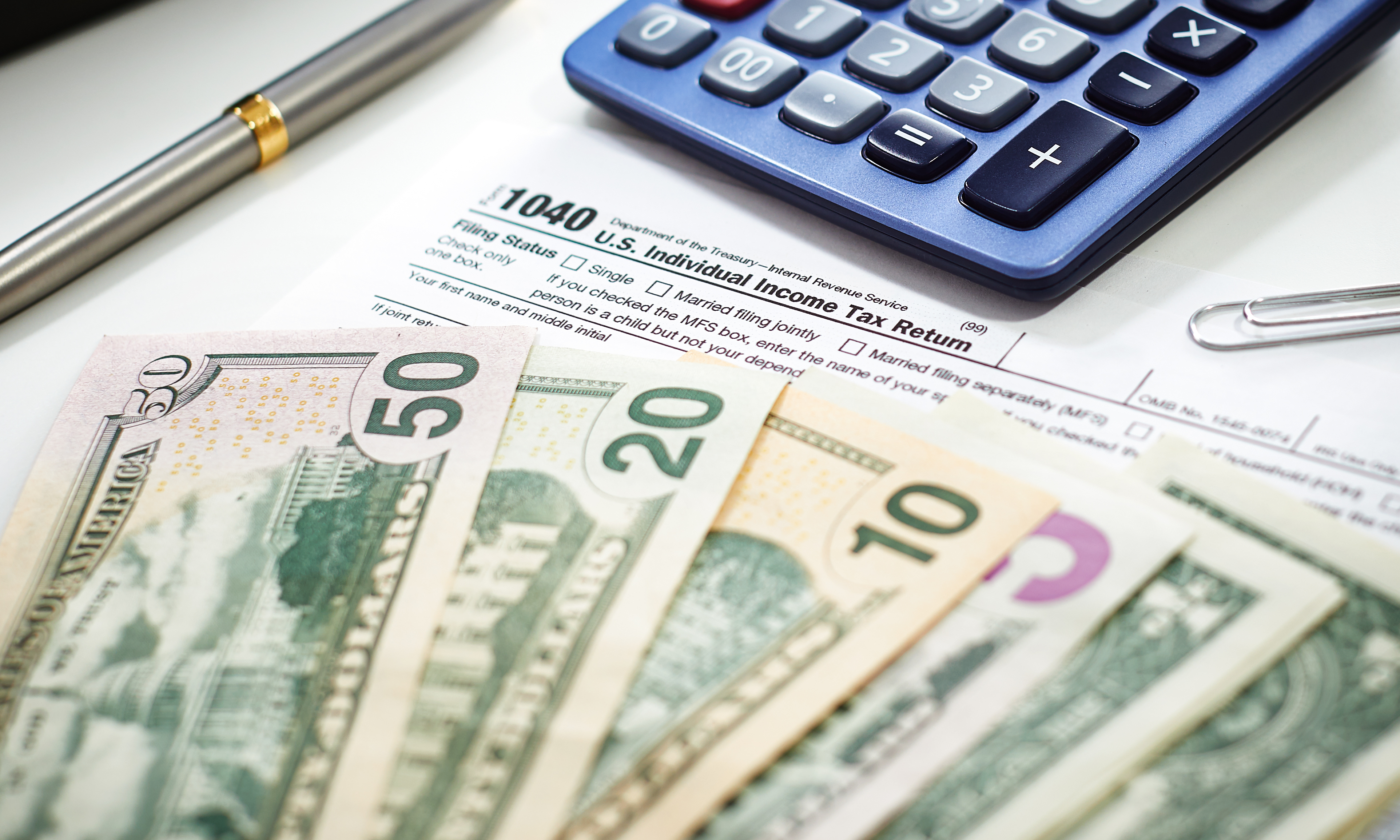What to Know
- The deadline for your 2022 taxes is April 18
- You may be able to skip hiring a tax professional
- California's Middle Class Tax Refunds won't be taxed by the state; IRS unsure about federal taxes
As tax time rolls around, many filers in California are wondering: Was the state's Middle Class Tax Refund taxable?
Most people living in California got their refunds in 2022, but, for some, that direct deposit or debit-style card didn't arrive till this year. Anybody who got theirs on Jan. 1 or later won't need to worry about the taxation questions till next year.
Also known by the names “Gas Tax Refund” and “Inflation Relief Payment," the Middle-Class Tax Refund was issued to nearly 12.5 million Californians. Depending on your income and your tax filing status, you could receive anywhere between $200 and $1,050 if you filed a state tax return in 2020 and still live in California.
“The IRS has determined that in the interest of sound tax administration and other factors, taxpayers in many states will not need to report these payments on their 2022 tax returns,” the agency said in a statement.
The agency said taxpayers in California, Colorado, Connecticut, Delaware, Florida, Hawaii, Idaho, Illinois, Indiana, Maine, New Jersey, New Mexico, New York, Oregon, Pennsylvania and Rhode Island won’t need to report these payments on their federal tax returns. Some Alaska taxpayers may also avoid federal levies on certain payments.
State leaders set aside $17 billion to pay for the program for California taxpayers.
Tax Filing Tips, 2023-Style
There are so many ways to file your taxes. There are free online programs, paid software and even tax professionals. But how do you know which one is best for you?
Get a weekly recap of the latest San Francisco Bay Area housing news. Sign up for NBC Bay Area’s Housing Deconstructed newsletter.
Generally, the more complicated your return, the better off you’ll be going with a tax professional. Filing your taxes can take a lot of time, so make sure you’re not rushing to file or gather documents.
2023 Tax-Filing Season
The Internal Revenue Service estimates it takes the average self-filer about eight hours to put together their return. And that’s just for the average filer with minimal forms.
If this describes you, filing yourself with the help of an online program or tax software might be your best bet.
But when should you hire a professional? If you’re self-employed, a professional can help make sure you’re deducting everything and tracking your estimated expenses, too.
If you had a major life event, like an interstate move, marriage or divorce, or even grew your family with your first child, having a tax provider can help you make sure you don’t miss out on any deductions or credits.
If you own rental property or have foreign investments, these forms can get tricky when you’re trying to claim losses or just trying to make sure you’re following the rules. Just make sure whomever you go to has a Preparer Tax Identification Number (PTIN).
If your income is below $72,000 you can file for free using the IRS Free File program. That means there’s no fee at all to file your federal tax return.




